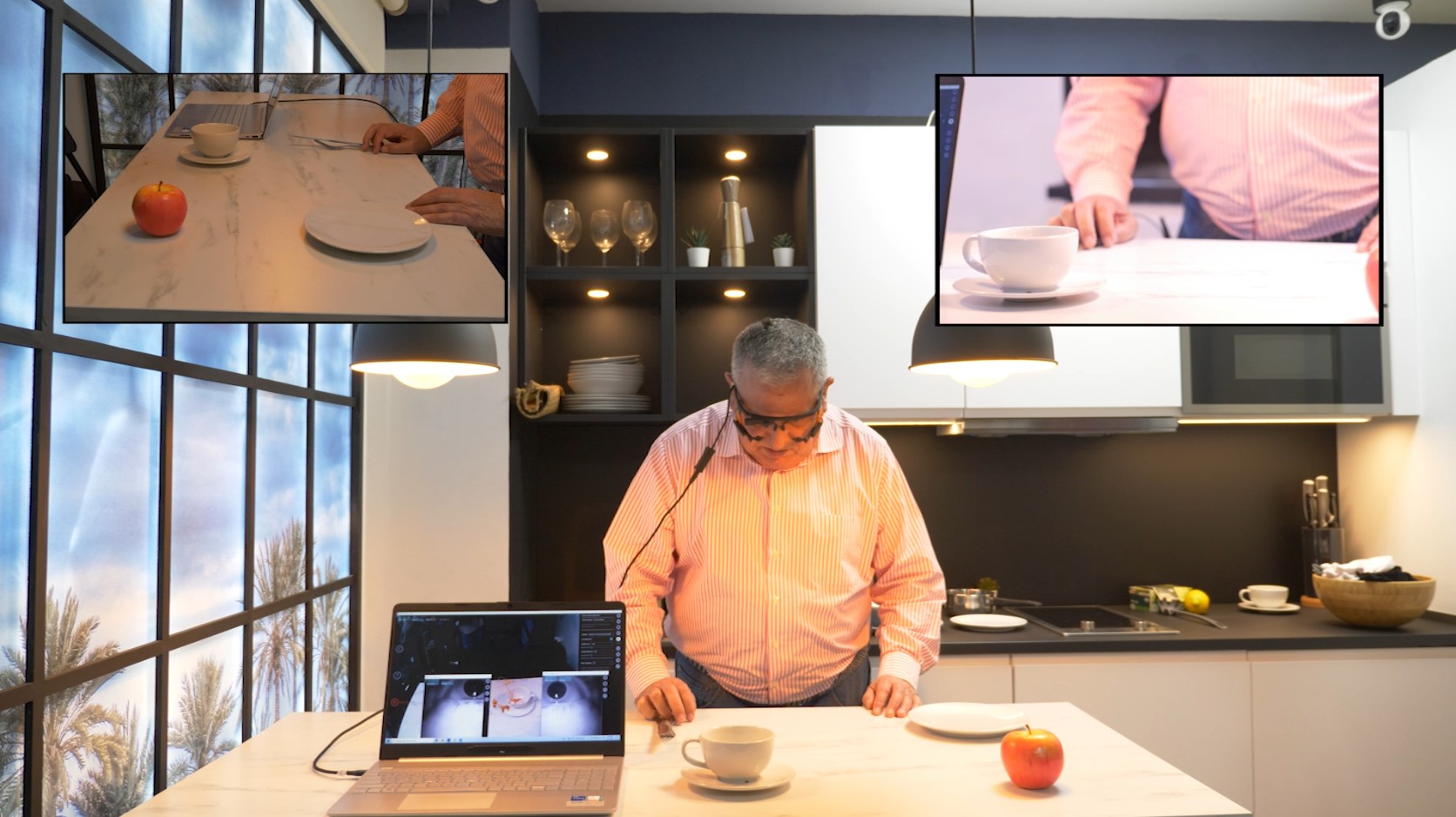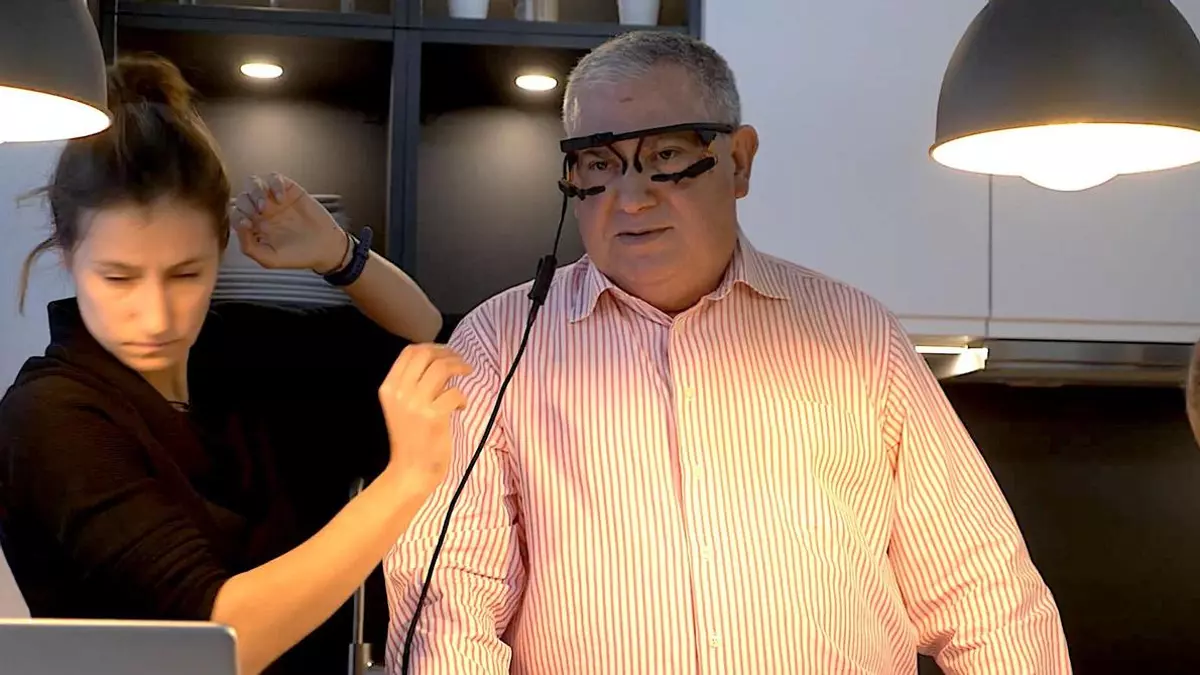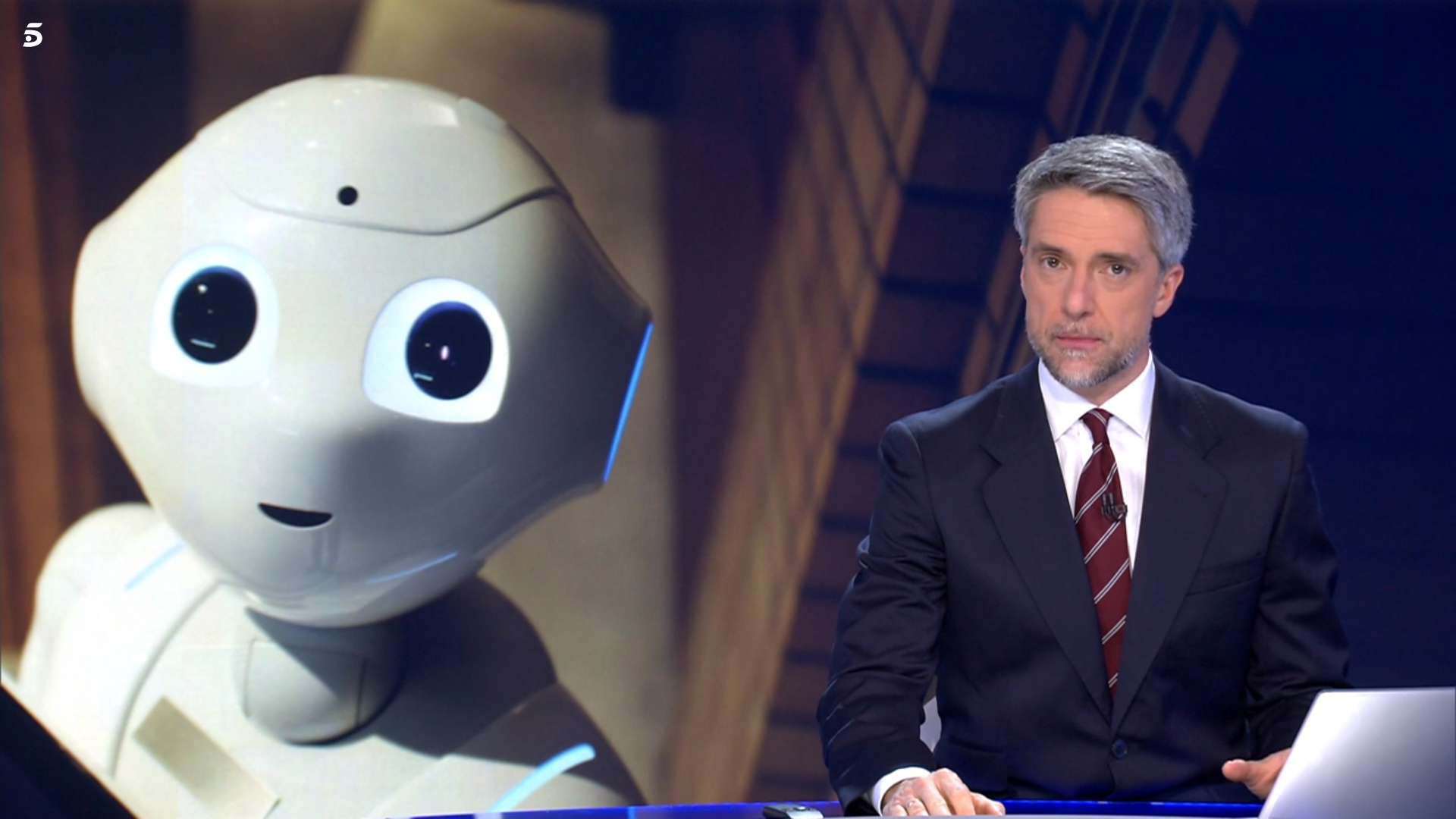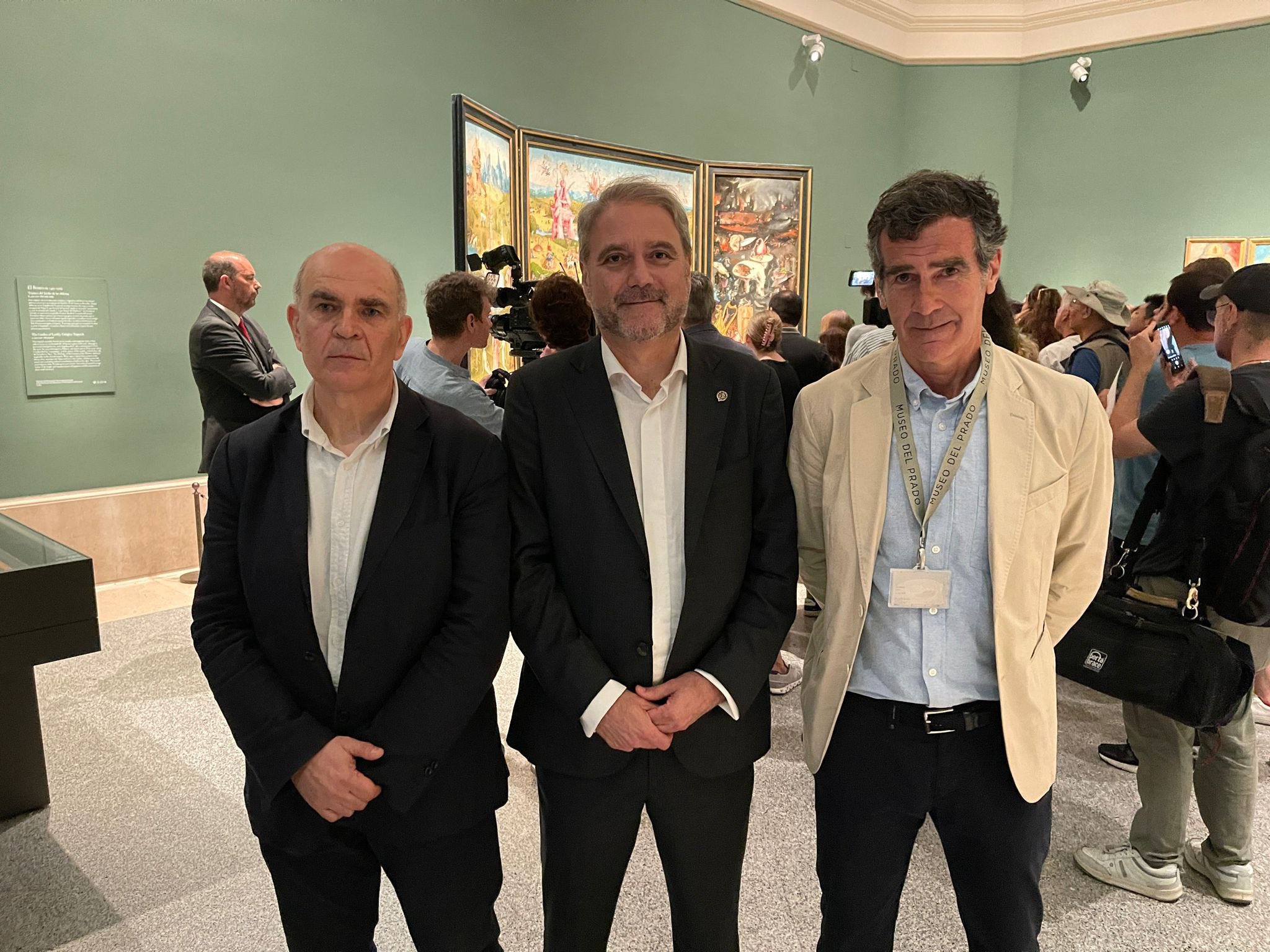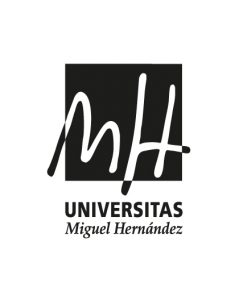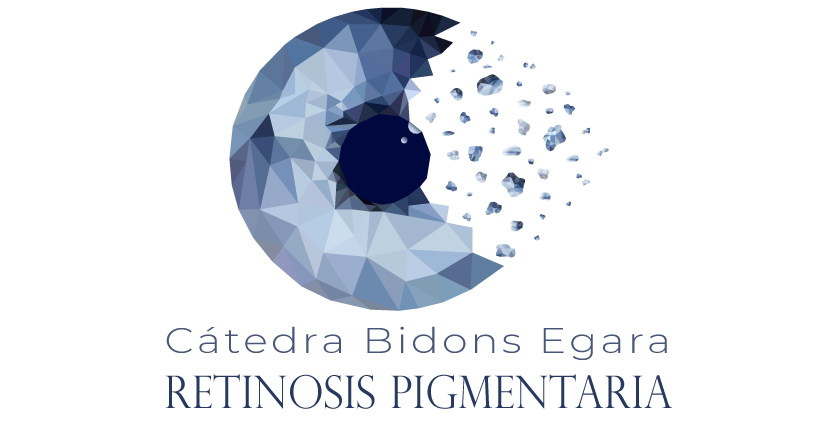Researchers from our group (Biomedical Neuroengineering Group) at the Universidad Miguel Hernández (UMH) have published a groundbreaking study in the prestigious journal Science Advances. The work presents a new generation of visual prostheses capable of establishing a two-way communication with the brain, marking an important step forward in the development of artificial vision systems for blind individuals.
The study, led by Professor Eduardo Fernández Jover, shows that this innovative cortical implant can not only generate visual perceptions through electrical stimulation but also record and adapt to the brain’s responses in real time. This dynamic “dialogue” between the implant and the visual cortex allows the system to adjust itself continuously — bringing researchers closer to achieving a more natural and functional artificial vision.
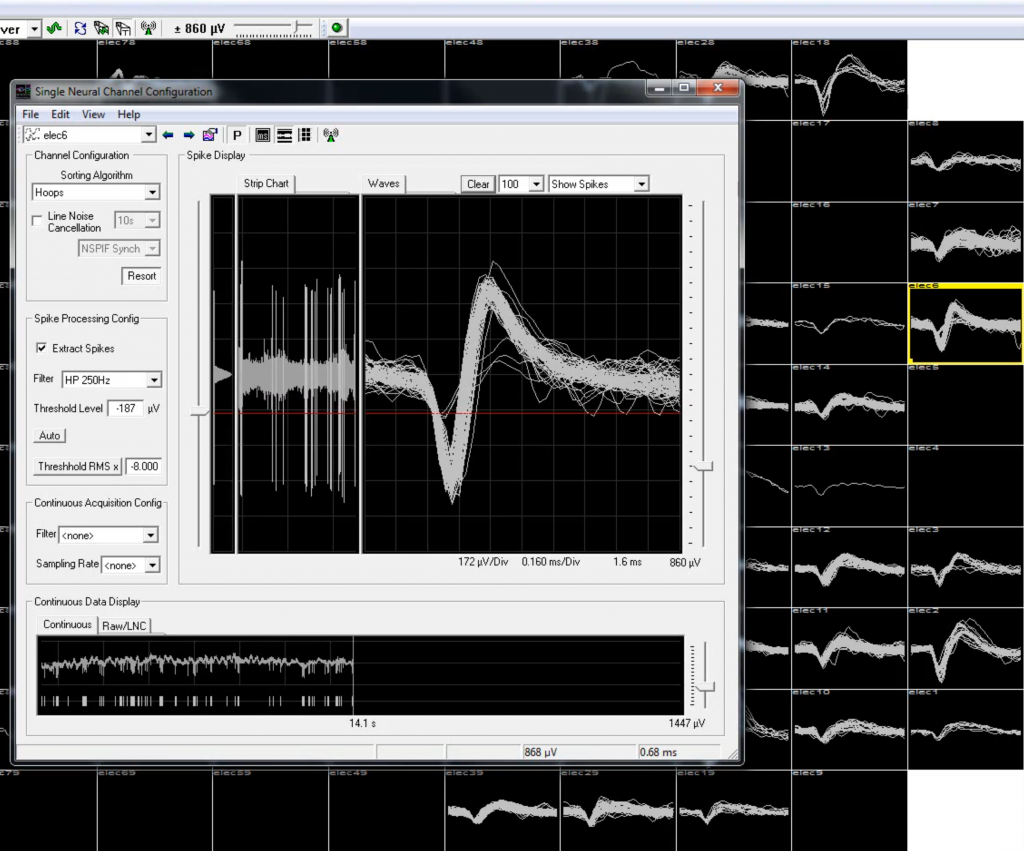
This research has achieved remarkable visibility, being featured in major national and regional media outlets, including El Mundo, ABC, La Razón, La Voz de Galicia, El Periódico, La Opinión de Murcia, Diario de Mallorca, Levante-EMV, Faro de Vigo, and Medicina Responsable, among many others. These publications have highlighted both the scientific and human impact of this work, carried out in collaboration with IMED Hospitales and Dr. Balmis University Hospital (Alicante).
The study, titled “Neural Correlates of Phosphene Perception in Blind Individuals: A Step Toward a Bidirectional Cortical Visual Prosthesis”, represents a significant step in the quest to restore vision through brain stimulation technologies.
Full article on Science Advances here.
